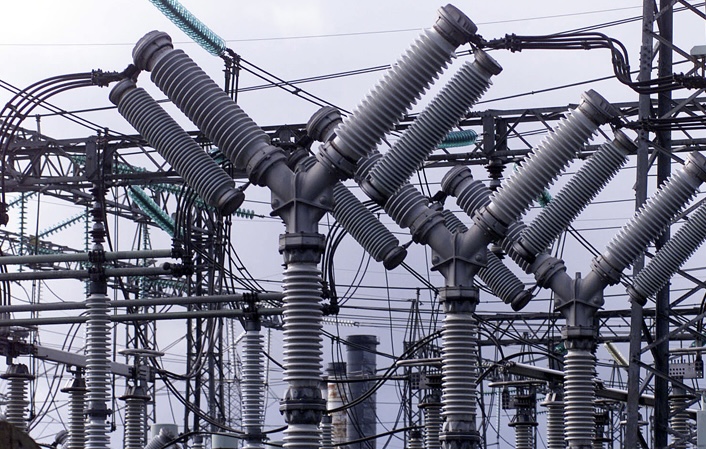Nigeria’s power infrastructure is about to get a significant upgrade, thanks to a $500 million investment from the Japanese International Cooperation Agency (JICA). This substantial funding is aimed at improving the power supply in the country’s key industrial areas, particularly in Ogun and Lagos States.
The investment will focus on enhancing the transmission infrastructure along the busy Lagos-Ogun Industrial Corridor, which includes areas like Agbara, Mowe, and Shagamu. The plan includes constructing new power substations, upgrading existing ones, and strengthening high-voltage power lines. These improvements are expected to increase the reliability and capacity of the electricity supply in these regions, which are critical to Nigeria’s industrial growth.
The announcement of this investment was made by Nigeria’s Minister of Power, Adebayo Adelabu, during a meeting with Ogun State Governor Dapo Abiodun. During the discussion, Adelabu also encouraged Governor Abiodun to advocate for better gas pipeline infrastructure to support the power plants in the state. This step is crucial as gas is a primary source of power generation in Nigeria, and improved infrastructure would help ensure a steady and reliable supply of electricity.
This investment comes at a time when the Nigerian Electricity Regulatory Commission (NERC) is shifting its regulatory responsibilities to the state level. This move is part of the country’s new Electricity Act of 2023, which allows state governments to oversee electricity provision within their territories. So far, this transition of power has already taken place in several states, including Oyo, Imo, Ondo, Enugu, and Ekiti.
The decentralization of electricity regulation is expected to encourage more localized solutions to Nigeria’s power challenges. By allowing states to manage their own electricity supply, the hope is that they can more effectively address the unique needs of their regions and attract private sector investment to further develop the infrastructure.
In addition to JICA’s investment, Nigeria’s energy sector recently received another financial boost from the African Development Bank (AfDB). The AfDB approved a $500 million loan to finance the first phase of the Economic Governance and Energy Transition Support Programme (EGET-SP). This program aims to transform Nigeria’s electricity infrastructure and improve access to cleaner energy sources.
The AfDB loan is particularly significant as it supports the implementation of Nigeria’s new Electricity Act and the country’s ambitious Energy Transition Plan. Launched in August 2022, this plan envisions Nigeria developing 250 gigawatts (GW) of installed electricity capacity by 2050, with 90% of this capacity coming from renewable energy sources. The plan also aims to provide clean cooking solutions to the majority of Nigerians by 2030, utilizing options like liquefied petroleum gas (LPG), biogas, biofuels, and electric cookstoves.
These investments and plans are vital for a country where electricity supply has been notoriously unreliable. According to recent data, only 13% of Nigerians enjoy a consistent supply of electricity from the national grid. Moreover, more than 85 million Nigerians still live without any access to electricity, highlighting the massive gap that needs to be filled.
Power cuts, outages, and blackouts are daily realities for many Nigerians, and the country’s current installed electricity capacity of about 12,522 megawatts (MW) is insufficient to meet the needs of its large and growing population. Most of Nigeria’s power is generated from thermal and hydroelectric sources, but the infrastructure needed to deliver this power efficiently to homes and businesses has been lacking.
The combined efforts of JICA, the AfDB, and the Nigerian government aim to change this narrative. By investing in infrastructure upgrades and adopting a more decentralized approach to regulation, Nigeria hopes to create a more reliable and sustainable energy system. This, in turn, will support economic growth, improve living standards, and reduce the energy poverty that has plagued the country for decades.
Source: ESI Africa



